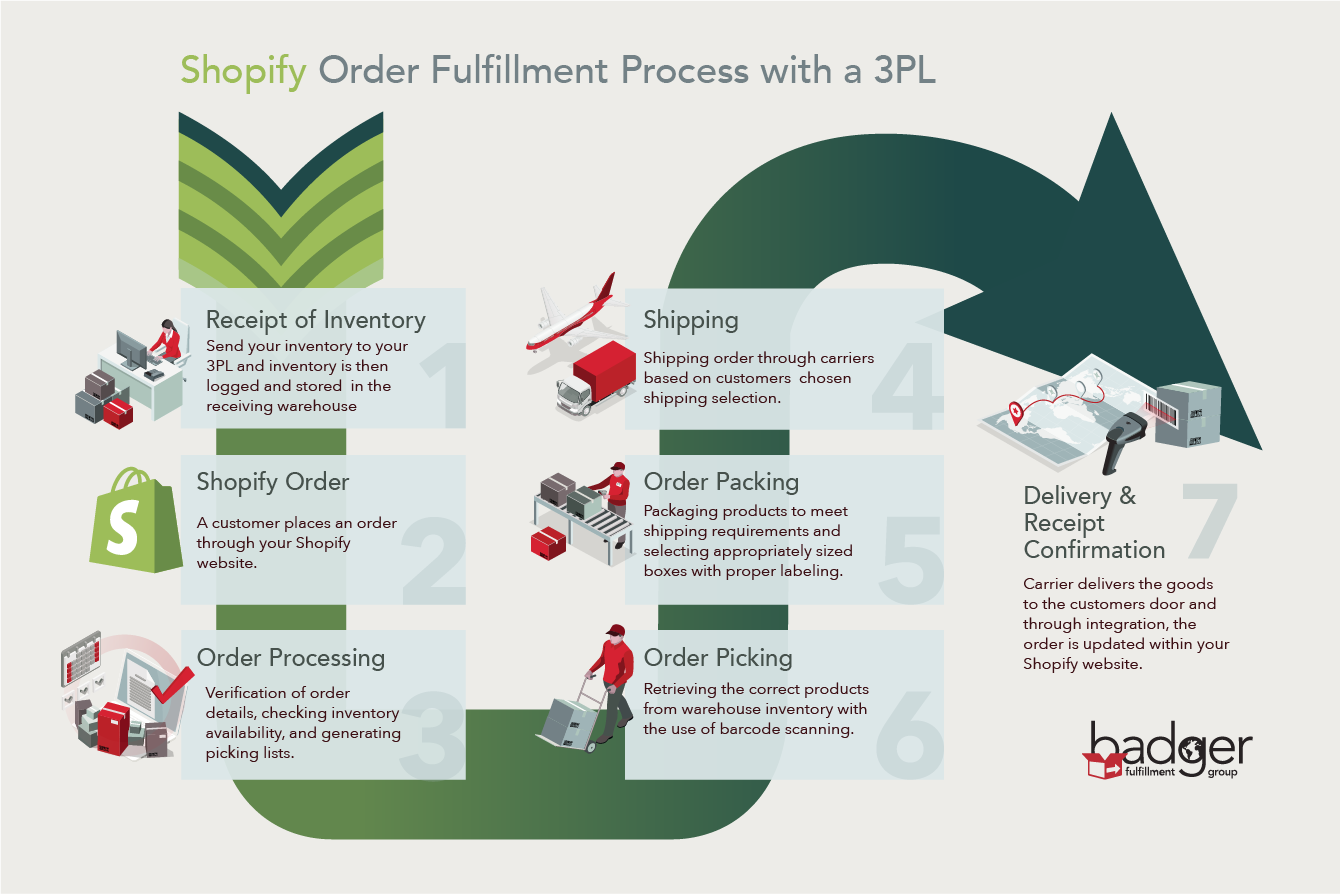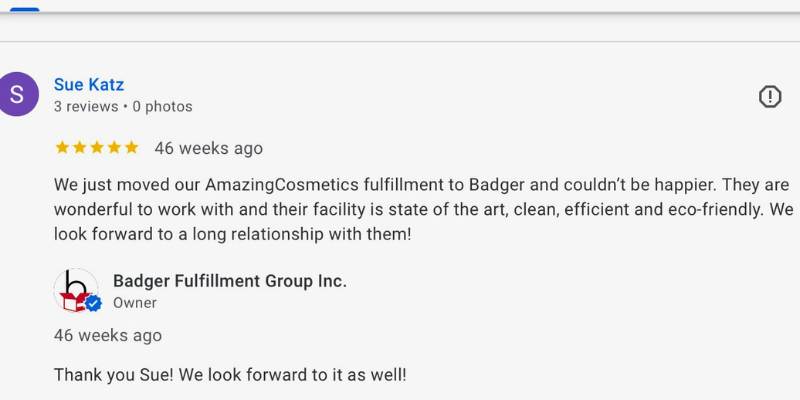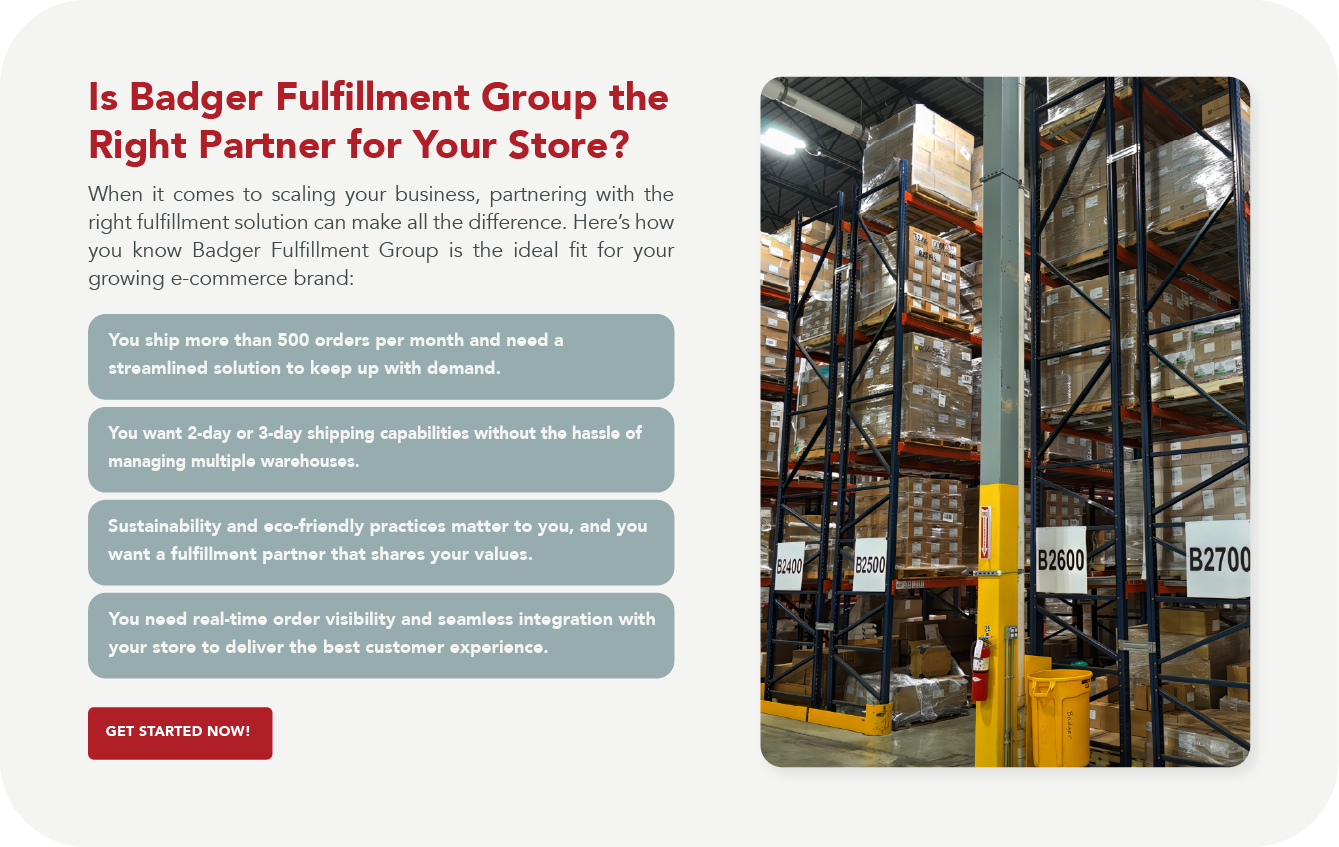Shopify has revolutionized the e-commerce landscape, becoming a preferred platform for online store owners worldwide. Its user-friendly interface, extensive app ecosystem, and scalability make it a go-to choice for businesses of all sizes. However, as Shopify stores grow, managing logistics becomes increasingly complex. This is where 3PL companies, or third-party logistics providers, come into play.
Partnering with a 3PL allows you to streamline operations, save money, and focus on scaling your business rather than handling logistics. Choosing the right 3PL is essential for seamless Shopify integration, efficient order processing, and superior customer experience. In this guide, we’ll dive into the benefits of 3PLs, what to look for in a partner, and actionable steps to select the best 3PL for your Shopify store.
Benefits of Partnering with a 3PL for Your Shopify Store
The following are some of the benefits of leaving fulfillment to a 3PL versus trying to manage it yourself as your business scales:
Time Savings
Outsourcing logistics and supply chain management to a 3PL lets you focus on growing your business. Instead of juggling warehousing, inventory management, and shipping, you can dedicate your time to product development, marketing, and customer engagement.
Scalability
3PLs offer the flexibility to scale without infrastructure limitations. Whether you experience seasonal spikes or long-term growth, a 3PL can adapt to handle increased order volumes and expanding markets.
Cost-Effectiveness
Operating your own warehouse requires significant investment in space, staff, and technology. 3PL companies share these costs across multiple clients, offering cost-effective solutions that include warehousing order fulfillment and shipping.
Expertise
3PL providers specialize in logistics, leveraging their knowledge to optimize order processing and shipping. This includes negotiating better shipping rates, implementing advanced technologies, and ensuring compliance with industry regulations.
Customer Satisfaction
Fast shipping, accurate order fulfillment, and effective returns management are critical for enhancing customer experience. By partnering with a 3PL, you can meet or exceed customer expectations while building trust and loyalty.
Key Things to Look for in a 3PL for Your Shopify Orders
Selecting the right 3PL for your Shopify store requires careful attention to several critical factors. Here’s a detailed look at what you should evaluate to ensure a smooth and effective partnership.
Integration with Shopify
The integration between your Shopify store and a 3PL is fundamental to streamlining operations. A 3PL with seamless Shopify compatibility ensures that your inventory levels, order processing, and shipping updates sync in real time. Without this integration, you could face delays, errors, or dissatisfied customers.
Compatibility with Shopify’s API allows for real-time data flow, which reduces manual input and errors. Additionally, you should confirm that the 3PL supports specific Shopify features, such as handling split shipments, managing discount codes, or processing gift cards. Some 3PLs offer pre-built Shopify plug-ins, making it even easier to establish a direct connection.

Understanding Shopify Functionality
A 3PL that understands Shopify’s unique functionality is a game-changer for ensuring seamless operations. Shopify is more than just an e-commerce platform—it’s a robust ecosystem designed to simplify online retail, but its full potential can only be unlocked when your 3PL aligns with its features
First and foremost, the 3PL must be familiar with Shopify’s order processing workflow. This includes handling customizations like gift cards, discount codes, and personalized notes that customers add during checkout. For instance, if a customer applies a discount code to an order, the 3PL’s system should reflect this correctly in their invoicing or fulfillment process.
Shopify’s flexibility with multi-channel selling is another area where a knowledgeable 3PL can add value. Many Shopify store owners sell not only through their website but also via social media integrations, marketplaces like Amazon, or in-person through Shopify POS. A 3PL that understands how to consolidate inventory and orders across these channels can help you avoid overselling or stock discrepancies, which are common pain points for multi-channel sellers.
Inventory Management
Effective inventory management is vital for maintaining a successful e-commerce operation. The right 3PL will provide tools to track inventory in real time, helping you avoid stockouts or overstocking. Real-time dashboards allow you to monitor inventory levels immediately, ensuring your products are available to meet demand.
Advanced systems can alert you when stock levels are low and even recommend restocking quantities based on sales trends. This helps optimize your cash flow and reduces carrying costs. If your business operates across multiple sales channels, such as Amazon or Etsy, your 3PL should synchronize inventory across all platforms to prevent overselling and customer dissatisfaction.
Order Fulfillment Speed and Accuracy
Speed and accuracy in order fulfillment are essential for maintaining customer satisfaction. A 3PL should demonstrate a proven track record of fast processing times and high order accuracy rates. Look for providers that can offer same-day or next-day order processing to meet the growing demand for quick delivery.
Accuracy is equally important. A single error in order fulfillment can lead to returns, refunds, and a damaged reputation. Advanced 3PLs use technology like barcode scanning and automated quality checks to ensure that every order is correct. If your store includes customized products or special packaging, confirm that the 3PL has the capacity to handle these requirements efficiently.
Shipping Costs and Options
Shipping can be one of the most significant costs for an e-commerce business, making it critical to partner with a 3PL that offers competitive rates and diverse shipping options. The best 3PLs negotiate discounted shipping rates with major carriers, which can translate to significant savings for your business.
Additionally, offering a variety of shipping options, such as economy, expedited, and international shipping, allows you to cater to a broader customer base. Strategic warehouse locations near major urban hubs can also reduce shipping costs and delivery times by shortening the distance between your products and your customers.
Customizable shipping rules are another feature to consider. If your business requires specific packaging or carrier preferences, the 3PL should have the flexibility to meet those needs while maintaining consistency in delivery performance.
Customer Service and Support
Reliable customer service from your 3PL is essential to handle the inevitable challenges that arise in logistics. Dedicated account managers offer a personalized touch, acting as a single point of contact to address issues or implement new strategies.
Having an account manager located in the warehouse is particularly beneficial. This setup allows for real-time communication and quicker resolution of any operational issues. Additionally, 24/7 customer support ensures that any problems with your Shopify orders are addressed promptly, regardless of time zones or business hours.
Proactive communication is another hallmark of a great 3PL. Regular updates on inventory, shipping performance, and potential delays keep you informed, enabling you to make better decisions and keep customers updated.
Scalability
Your Shopify store’s logistics needs will evolve as your business grows. A scalable 3PL is critical to support your long-term success. The provider should have the capacity to handle increasing order volumes during peak seasons, such as Black Friday, and accommodate future growth in product lines or markets.
If you plan to expand internationally, your 3PL should have the infrastructure to manage cross-border shipping and comply with customs regulations. Flexibility in services, such as adding new SKUs or supporting wholesale operations, ensures that your 3PL can grow alongside your business.
Future-proofing your logistics with a scalable 3PL not only reduces the risk of bottlenecks but also positions your Shopify store for continued success in a competitive market.
How to Choose the Best 3PL for Your Shopify Store
Selecting the right 3PL requires a systematic approach. Below are detailed steps to guide you:
Assess Your Business Needs
Before evaluating 3PLs, analyze your current logistics challenges.
- Order Volumes: Consider both current and projected sales to determine the level of support you’ll need.
- Pain Points: Identify specific issues, such as high shipping costs, slow fulfillment, or inefficient returns management, that a 3PL can address.
Prioritize Integration with Shopify
Your 3PL must integrate seamlessly with Shopify. Ensure compatibility for real-time order and inventory syncing. Check if the provider supports Shopify-specific features like discount codes, gift cards, and split shipments. Proper integration prevents errors and streamlines operations.
Look for Account Managers in the Warehouse
One often overlooked factor is the location of your account manager. Having an account manager based in the warehouse ensures real-time updates, faster issue resolution, and a more hands-on approach to managing your account.
Understand the Pricing Structure
Transparent pricing is essential. Request a breakdown of all fees, including:
- Storage: Costs for warehousing inventory.
- Pick-and-Pack: Fees for preparing orders for shipment.
- Shipping: Charges based on carrier rates and options.
Review service-level agreements (SLAs) carefully to avoid hidden costs and ensure you’re receiving value for your investment.
Check Reviews and Testimonials
When selecting a Third-Party Logistics (3PL) provider for your Shopify store, it’s crucial to conduct thorough research into their performance and reliability. One effective method is to examine reviews and testimonials from other e-commerce businesses, particularly those operating on Shopify. These firsthand accounts can offer valuable insights into a 3PL’s capabilities and service quality.

By diligently reviewing these sources, you can make an informed choice when selecting a 3PL provider that aligns with your Shopify store’s specific needs and objectives.
Ready to streamline your Shopify store logistics? Learn how to switch your 3PL Partner in our guide or request a consultation with a trusted 3PL today!
Questions and Answers About How to Choose the Best 3PL for your Shopify Store
Will using a 3PL affect my brand’s identity and customer experience?
A reputable 3PL will work to maintain your brand’s identity by offering services like custom packaging, branded inserts, and personalized shipping notifications. By aligning their services with your brand standards, they help ensure a consistent and positive customer experience.
What costs are associated with integrating a 3PL into my Shopify store?
Costs can vary depending on the 3PL provider and the services you require. Common expenses include setup fees, storage fees, pick-and-pack fees, and shipping costs. It’s crucial to discuss pricing structures upfront to understand all potential costs and avoid unexpected charges.
How do I monitor the performance of my 3PL partner?
Regular communication and performance reviews are key. Establish clear metrics such as order accuracy, fulfillment speed, and inventory management efficiency. Many 3PLs provide dashboards or reports that offer insights into their performance, helping you ensure they meet your business standards.



